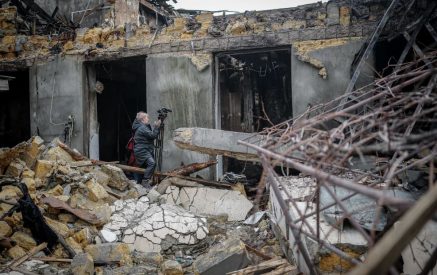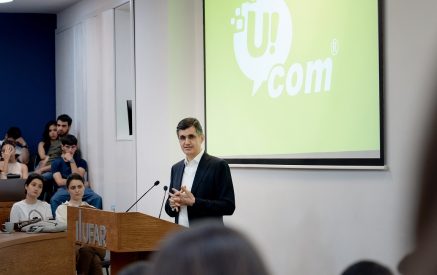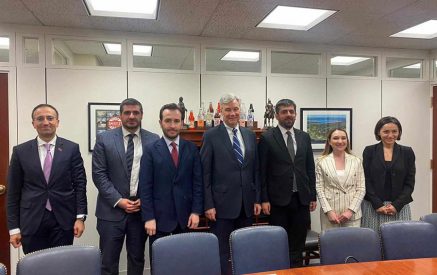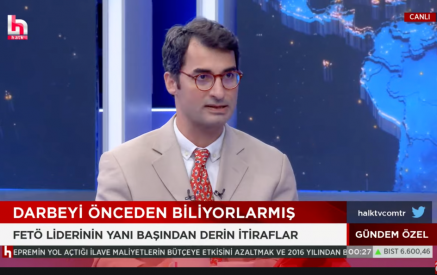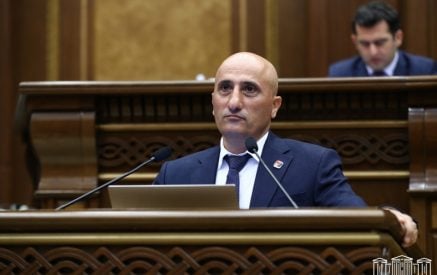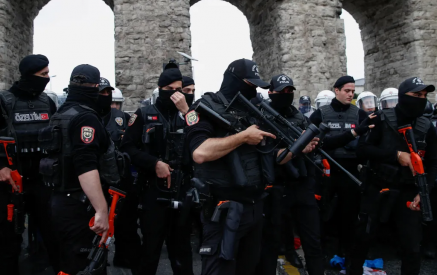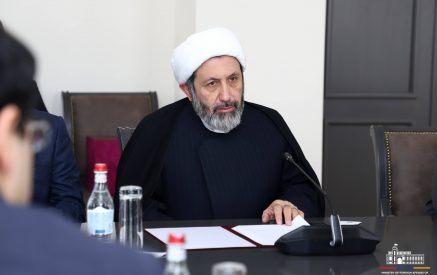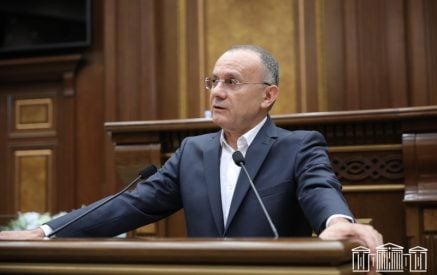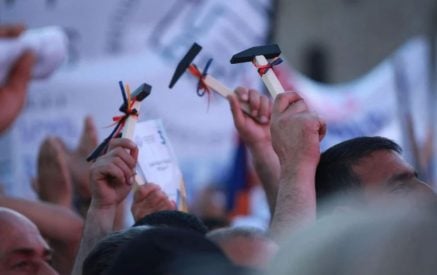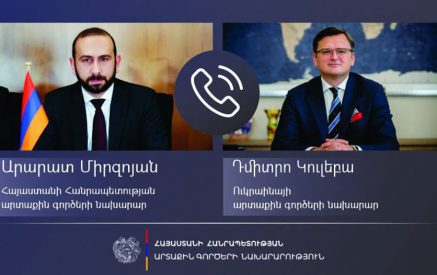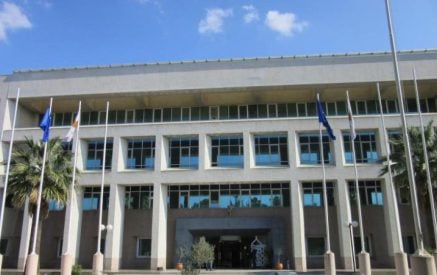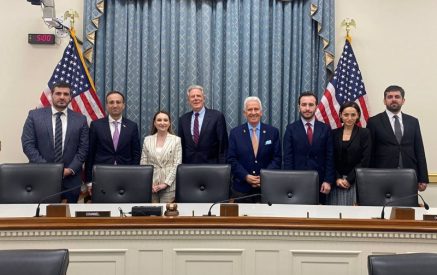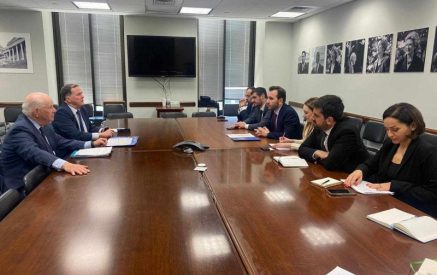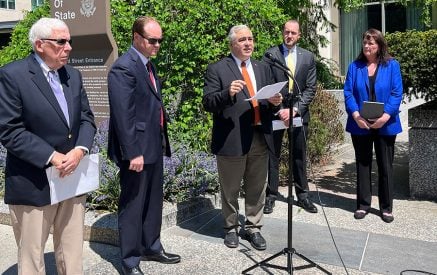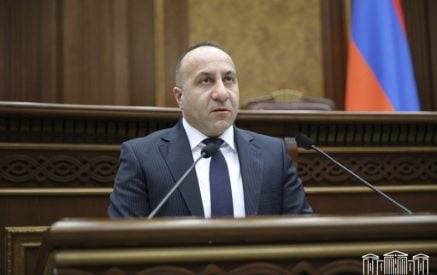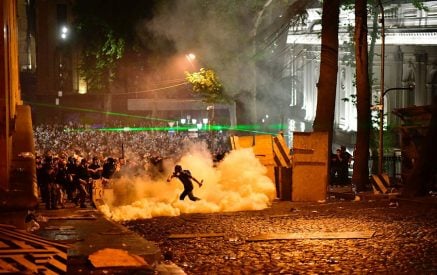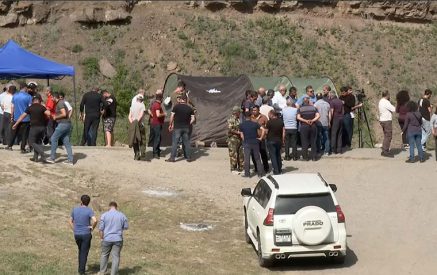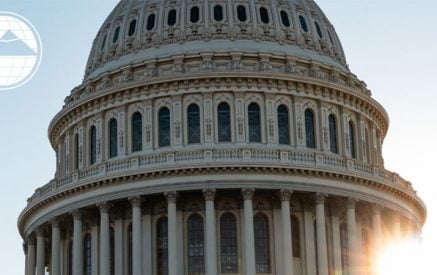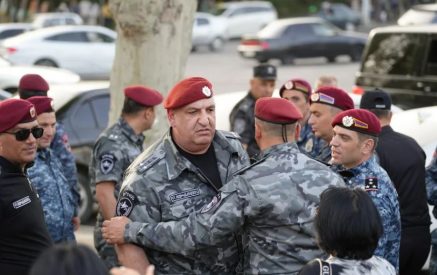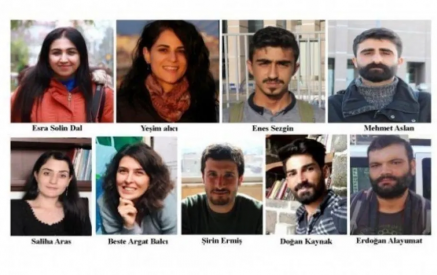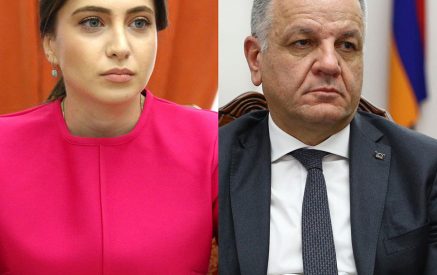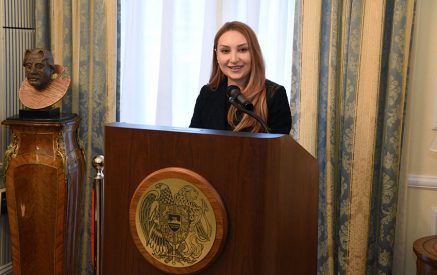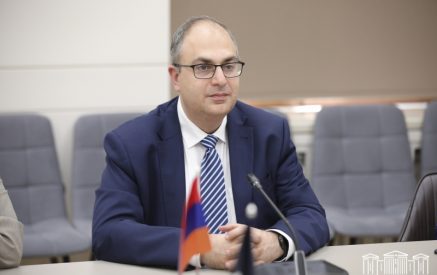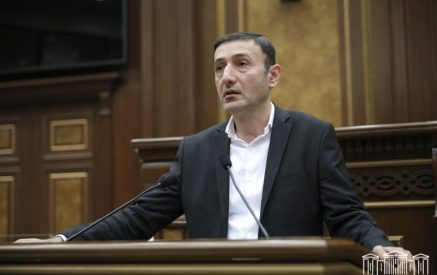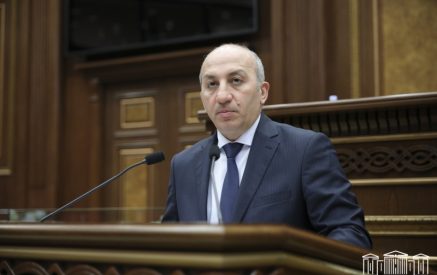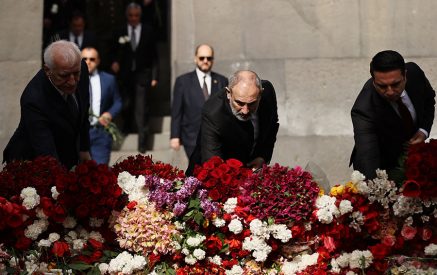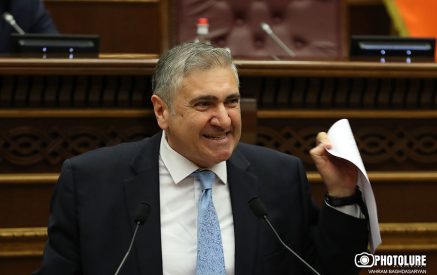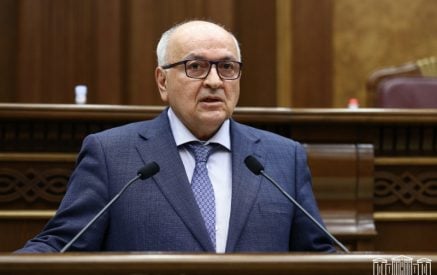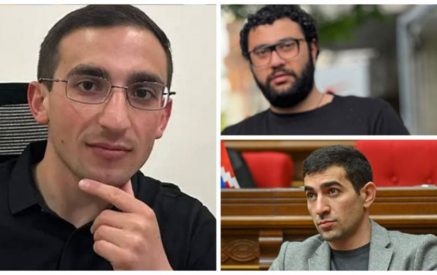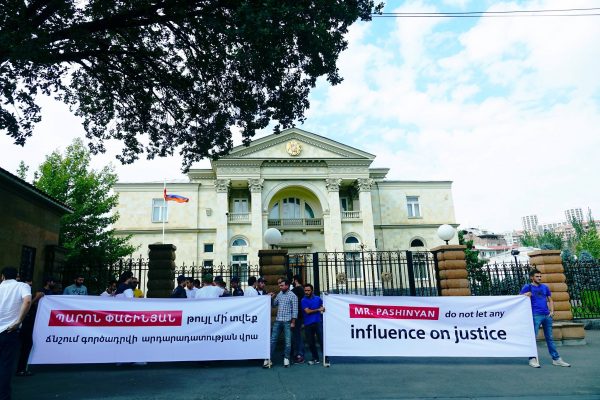Ashot Manucharyan says Robert Kocharyan and others like him are saboteurs who have come to blow up our country. Hereby he concludes that the Second President has no right to apply for advocate services. However, although, I have doubts about the premise voiced by the political figure, the conclusion is even stranger. It turns out that a person charged with a diversion or any other crime should not stand responsible before the court, but rather be punished on extra-judicial manner. For instance, in manner how Poghos Poghosyan, who had not committed any crime, was killed in “Aragast” cafe for “greeting Kocharyan not in a proper manner” when the latter was the President. But, as far as I know, we want to create another type of state.
During Kocharyan’s tenure, the judge of the Criminal Court of Appeals of Armenia would not dare to oppose the Special Investigation Service and change the preventive measure against the Second President. Today this is possible, and it is a positive phenomenon, regardless of some legal aspects.
Of course, the legal aspects are also important. No lawyer has explained how Kocharyan overthrew the constitutional order, and whether why the constitutional norm of former presidents’ immunity cannot apply to him. But this is an occupational issue, and maybe we will receive answers to those questions in the future. The important principle is that the state should not apply the “tit for tat” law. That is, if during Kocharyan’s tenure the freedom to speech was restricted in the most violent ways, it does not mean that today Kocharyan’s freedom to speech should be restricted in any way.
Guided by emotions one can say or do anything. Personally for me, the antipathy against Kocharyan is a thousand times weaker than the desire to establish rule of law and a democratic state.
Aram ABRAHAMYAN

